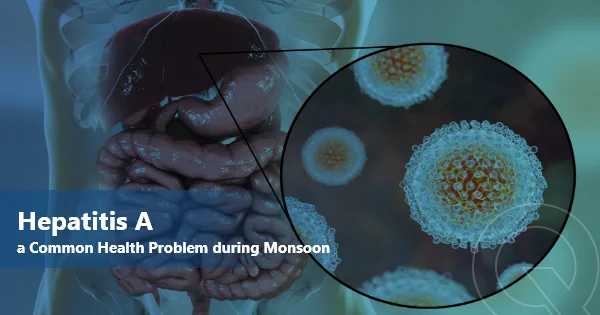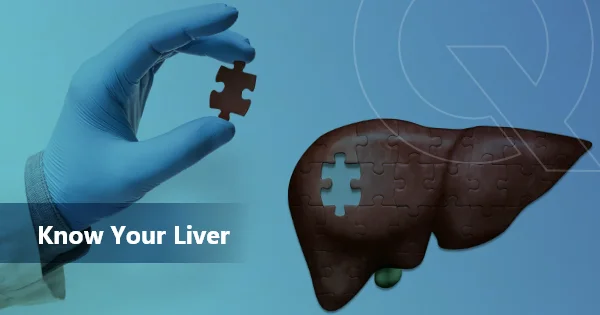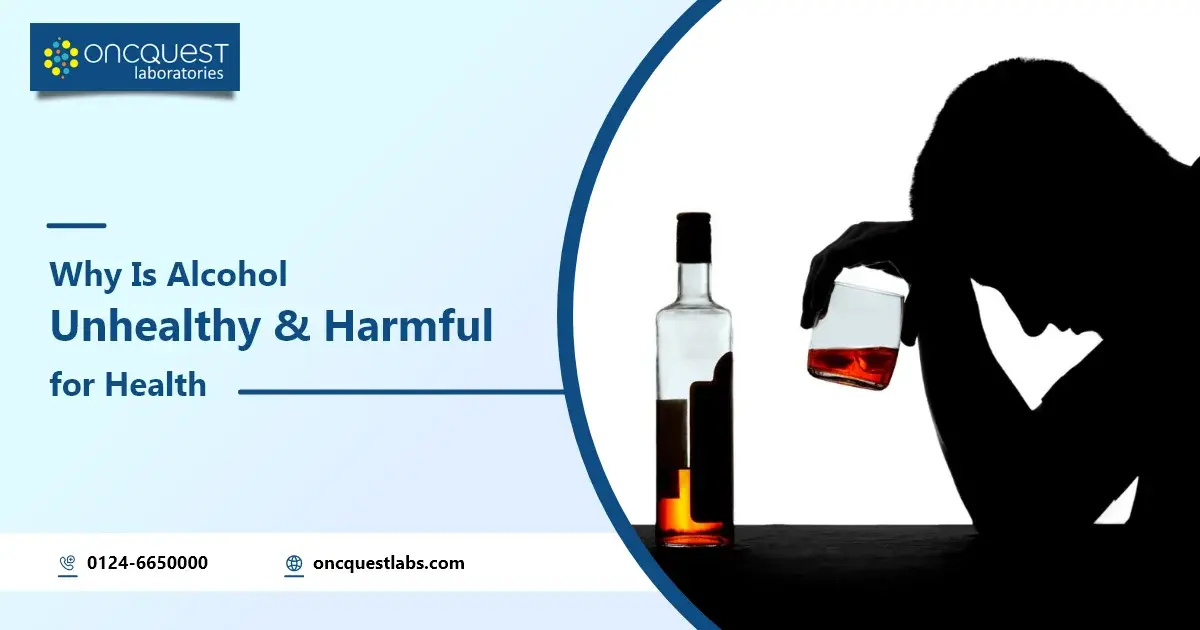Hepatitis means injury to the liver with inflammation to the liver cells caused by viruses and can lead to fibrosis, cirrhosis and liver cancer. There are five main types of hepatitis- A, B, C, D and E. Hepatitis A and E are highly infectious, caused by ingestion of contaminated food and water. Hepatitis B, C and D are caused by parenteral contact with infected body fluids like blood. These viruses can be transmitted via receipt of contaminated blood and blood products. Since monsoons are here, there is a lot of exposure to many infectious diseases.
Hepatitis A is caused by the Hepatitis A Virus (HAV) and is highly contagious. The HAV is found in the feces of people with HAV infection. It enters through the mouth after someone holds, eats or drinks anything contaminated with HAV.
How is Hepatitis A spread?
Interpersonal contact
- When a person infected with Hepatitis A Virus does not take care of proper hand washing especially after going to the bathroom
- When the care -giver does not wash hands properly after changing the diapers or cleaning the stool of an infected person
- When a person has sexual contact with an infected person
Contaminated food or water – Hepatitis A is spread through the ingestion of food or water contaminated with Hepatitis A Virus. This can be due to poor sanitary conditions and poor personal hygiene.
A person suffering from this disease may or may not show clear symptoms. Moreover, the symptoms don’t show up in an infected person for a few weeks. He/she may have a mild illness for a few weeks or may have severe illness that lasts several months.
How is Hepatitis A diagnosed?
The diagnosis of Hepatitis A is done through a blood test.
Oncquest offers a number of tests for diagnosing and monitoring different types of Hepatitis. For Hepatitis A, we have the following tests:
- Test: HAV, IgG Antibody, Serum Antibody to Hepatitis A, IgG. The technique used for these tests is Microparticle Enzyme Immunoassay.
- Test: HAV, IgG, Antibody, Serum Antibody to Hepatitis A, IgM. CMIA technique is used for these tests.
Getting the vaccination for Hepatitis A is the best way to prevent it. Though the vaccines are usually given during infancy, it is recommended that if a person has not got the vaccination in his childhood, he/she should get the vaccine immediately.
World Hepatitis Day on July 28 is organized every year to increase awareness and understanding of viral hepatitis. Hepatitis is not a life-threatening disease. Just being a little careful and cautious during monsoons can really help you enjoy this season to the fullest. Stay infection free by eating healthy and keeping your surroundings clean. Wish you a safe monsoon!






